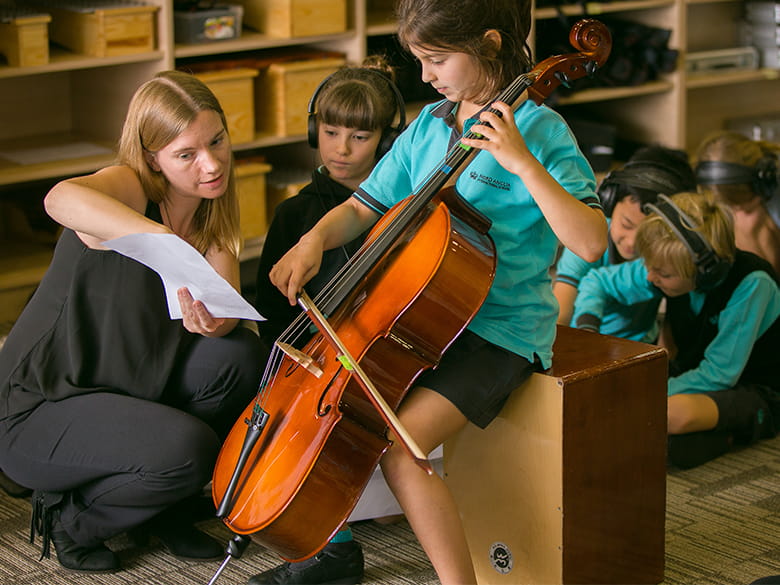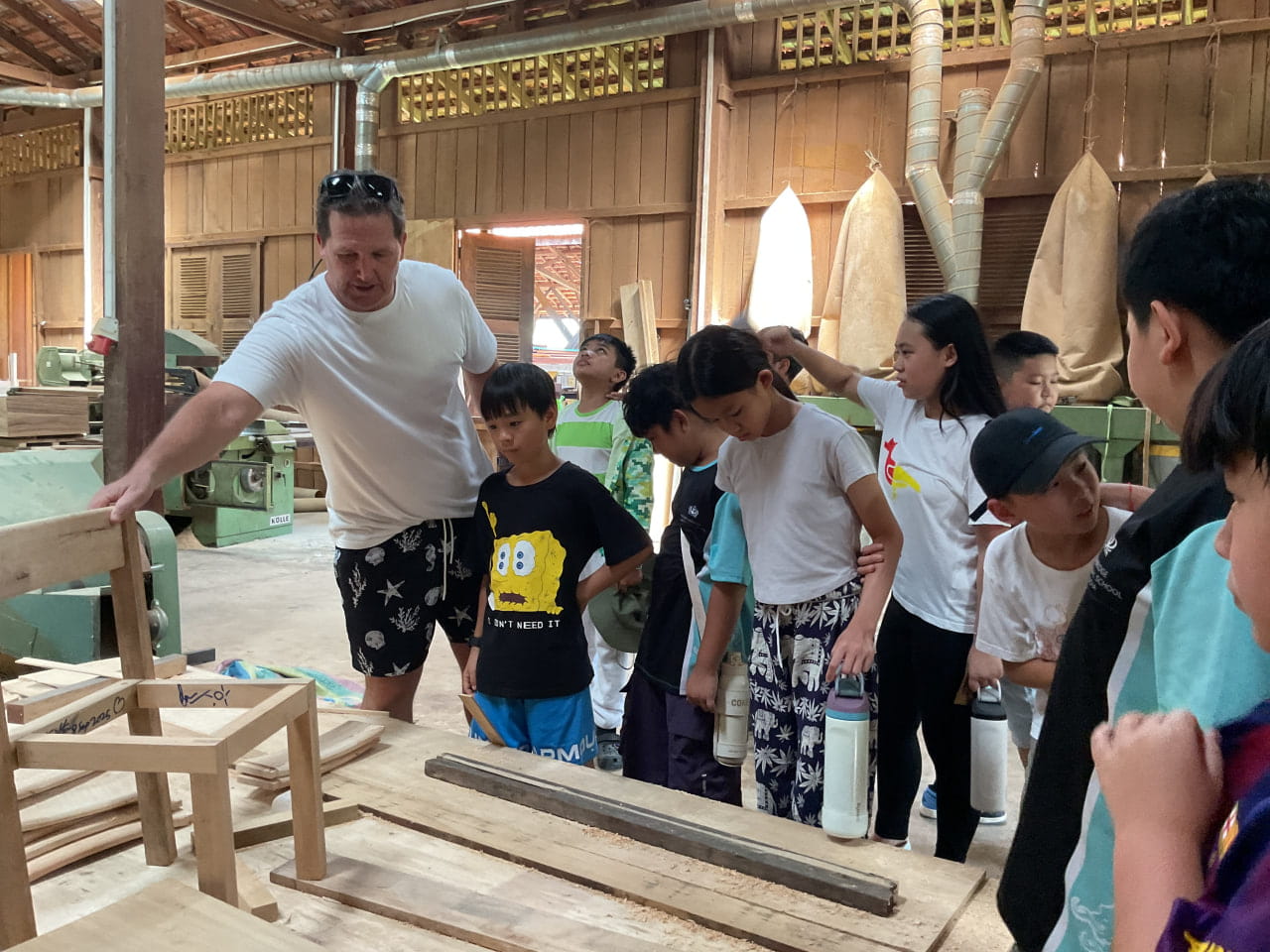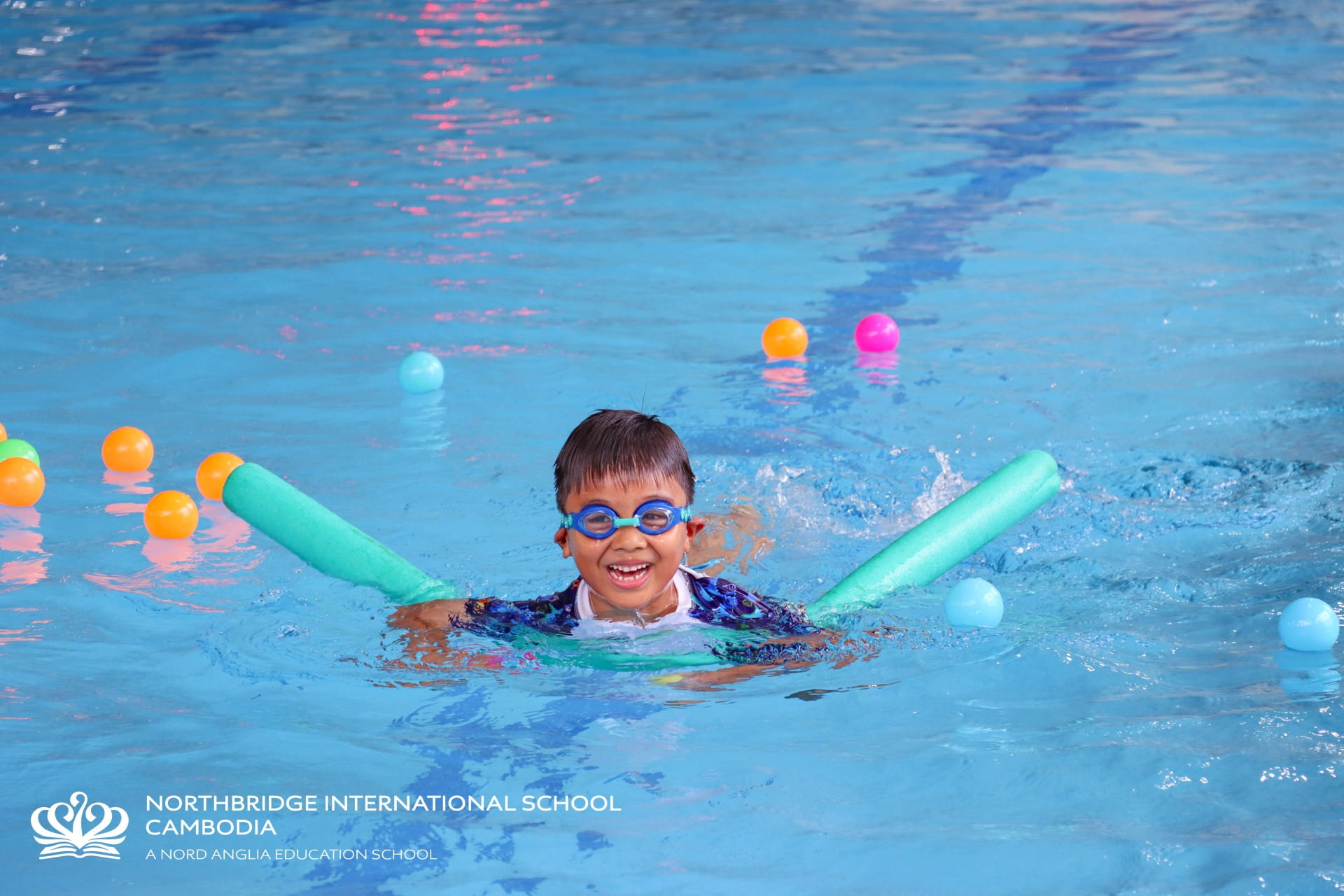Why we provide daily opportunities for sensory play and exploration in Early Learning at Northbridge In Early Learning at Northbridge International School Cambodia, we provide daily opportunities for sensory play and exploration. Sensory play is when children engage in any learning experience that stimulates the use of their senses: touch, smell, taste, movement, balance, sight and hearing.
In Early Learning at Northbridge International School Cambodia, we provide daily opportunities for sensory play and exploration. Sensory play is when children engage in any learning experience that stimulates the use of their senses: touch, smell, taste, movement, balance, sight and hearing.
There is a wealth of research that states that when children engage in sensory experiences, it increases learning opportunities and provokes the pathways in the brain to connect at a deeper level.

It provides crucial benefits for our children, such as:
Sensory play builds connections in the developing brain’s pathways, which increases a child’s ability to complete more challenging learning tasks.
Sensory play supports in developing and enhancing memory functioning
Sensory play is great for cognitive growth, enhancing a child’s thought processes, and the ability to reason and understand
Sensory play helps children learn vitally important sensory attributes (hot, cold, sticky, dry).
Most importantly, sensory play supports language development, cognitive growth, motor skills development, problem-solving skills, and social interaction.

Please see the link below for sensory play ideas that you could try at home:
https://childhood101.com/sensory-play-ideas/
https://www.parentingforbrain.com/sensory-activities-importance-sensory-play/











